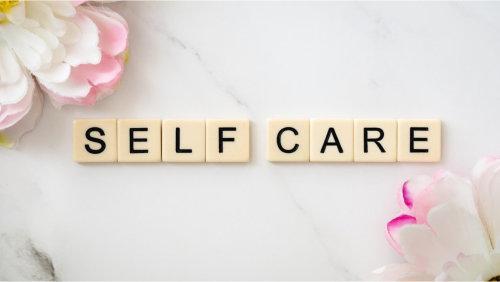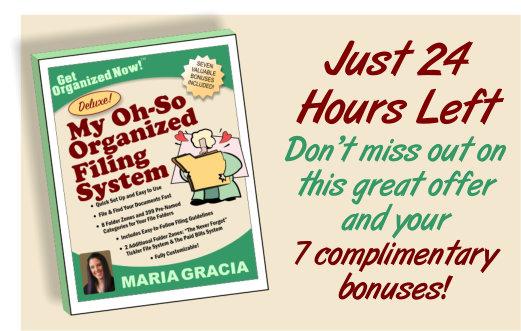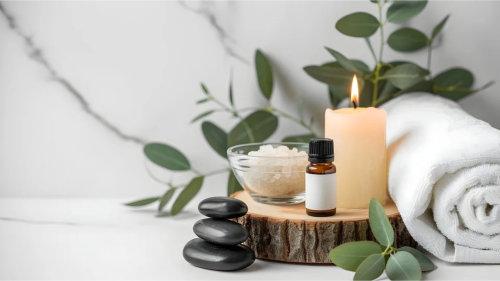When emergencies strike, whether it’s a sudden storm, a medical situation, or an unexpected
home crisis, most of us go into survival mode. It’s easy to forget that self-care matters just as much in those moments as batteries and bottled water.
In fact, organized self-care is one of the most powerful tools for staying calm, thinking clearly, and recovering
quickly.
Why Self-Care Organization Matters
Emergencies are stressful by nature. When stress is high, decision-making gets harder, and it’s easy to overlook
essentials like hydration, medication, or even rest.
By having a system in place ahead of time, you can remove guesswork and conserve your energy for the actual crisis. Organized self-care ensures that you’re not only prepared on the outside (with flashlights and
first aid kits), but also on the inside (with routines and supplies that support your well-being).
Practical Steps for Organized Self-Care
1. Create a Personal Comfort Kit
Pack a small bag with items that soothe and sustain you. This might include:
Copies of
prescriptions and an extra week’s supply of essential medication.
Refillable water bottle and electrolyte packets.
Healthy non-perishable snacks (nuts, granola bars, dried
fruit).
A small journal and pen for jotting down notes or calming your mind.
Comfort items, like a soft scarf, stress ball, or family photo.
Keep this kit in an easy-to-grab spot, separate from your main emergency supplies.
2. Organize a “Health First” Checklist
In moments of panic, it helps to have a written list of non-negotiables:
Take prescribed medication on schedule.
Eat something nourishing every few hours.
Drink water regularly.
Stretch or move, even if it’s just standing
and
breathing deeply for two minutes.
Post this list inside your emergency kit or on your fridge as a reminder when stress clouds your thinking.
3. Keep Communication Tools Ready
Staying connected eases anxiety. Organize a small pouch with a portable phone charger, list of emergency contacts (on paper, in case your phone dies), and a whistle or flashlight for signaling help.
4. Build Calm Into Your Preparedness
Self-care isn’t only physical; it’s also mental. Download a calming playlist, guided meditation, or audiobook to your phone. These small comforts can help lower stress during waiting periods, power outages, or long hours of
uncertainty.
5. Review and Refresh Seasonally
Just like swapping batteries in smoke detectors, set a reminder every few months to check your self-care emergency kit. Replace expired food, update medication, and refresh comfort items. A
little routine maintenance ensures everything is ready when you need it.
The Takeaway
Emergencies can’t be predicted, but being organized about your self-care gives you stability when the world feels shaky. Think of it as preparing your
inner toolbox, just as carefully as you prepare your outer one.
When you have what you need to stay nourished, calm, and focused, you’re not just surviving. You’re protecting your ability to recover and move forward.
On another note...
Pretty and
Practical Hostess Gifts
When someone invites you into their home, a small hostess gift is a kind way to say thanks. These picks are both beautiful and useful...perfect for showing your appreciation without adding clutter to their space! Access my carefully curated list here











